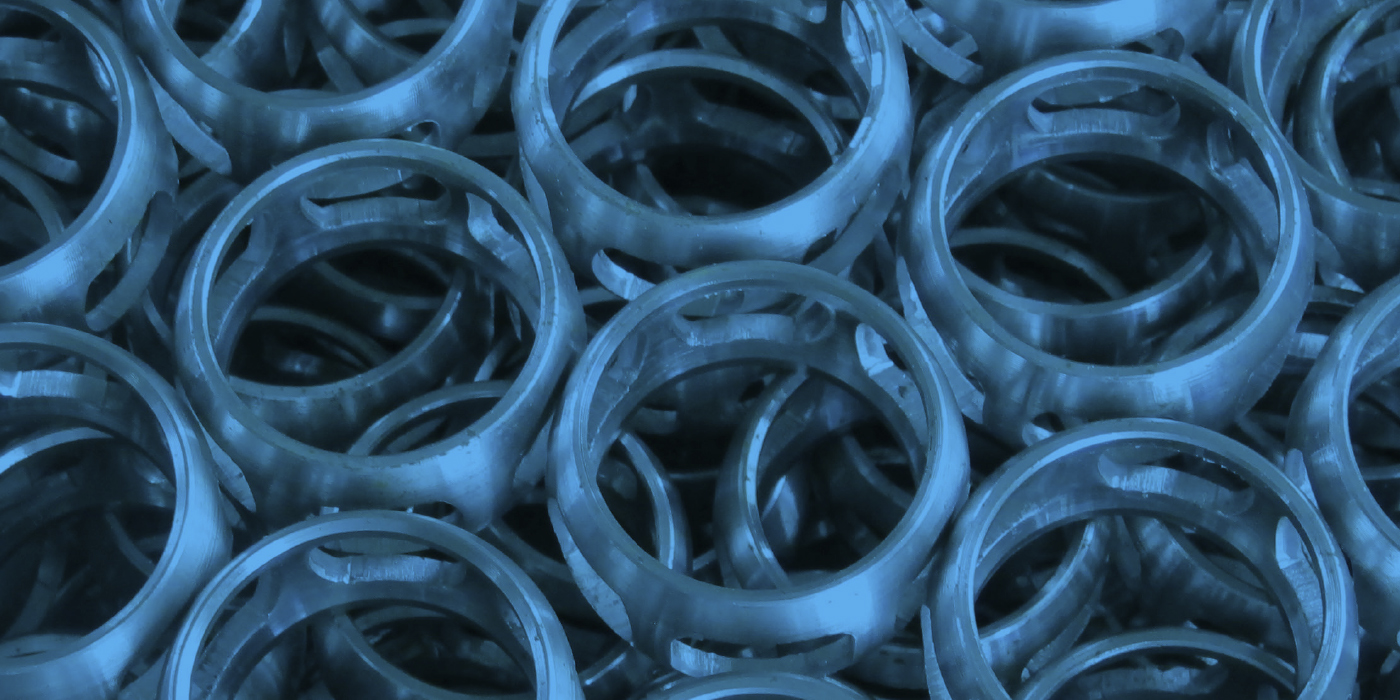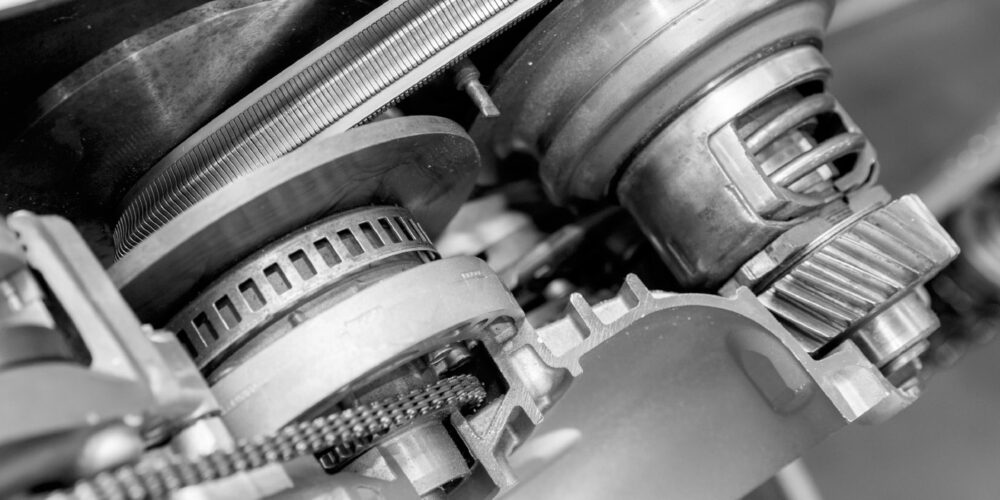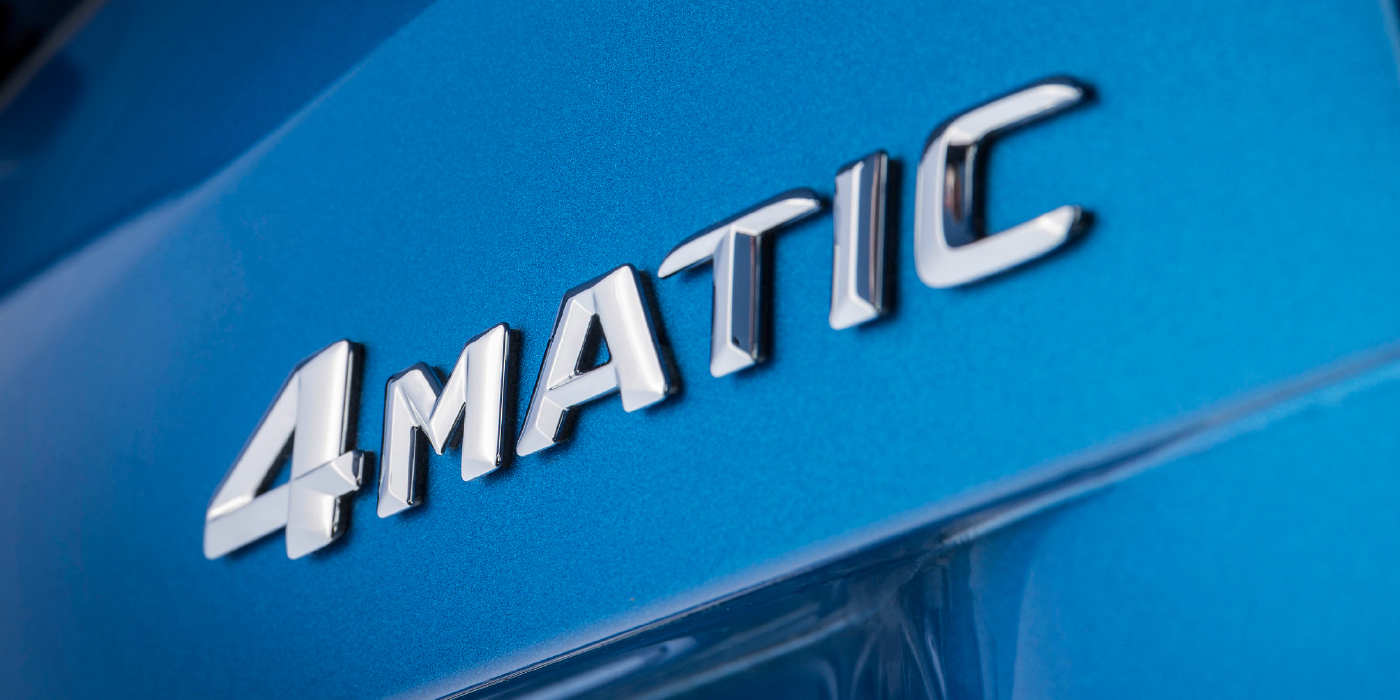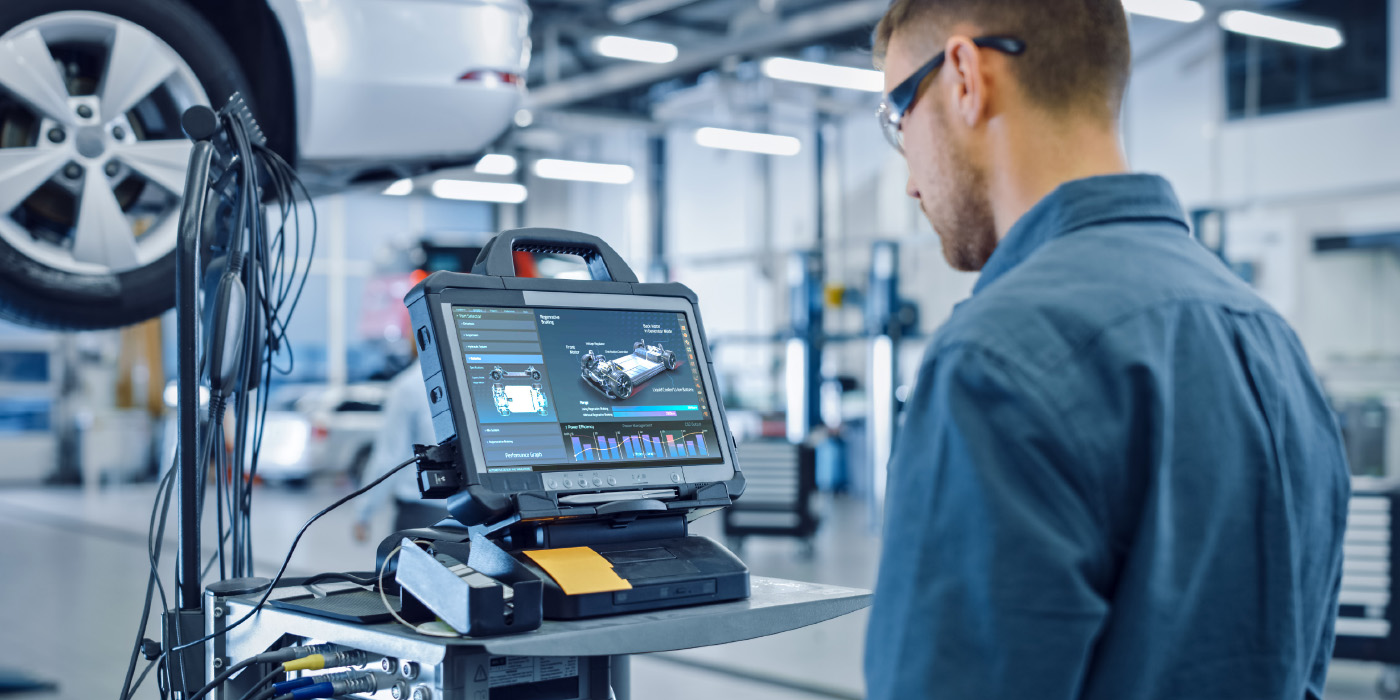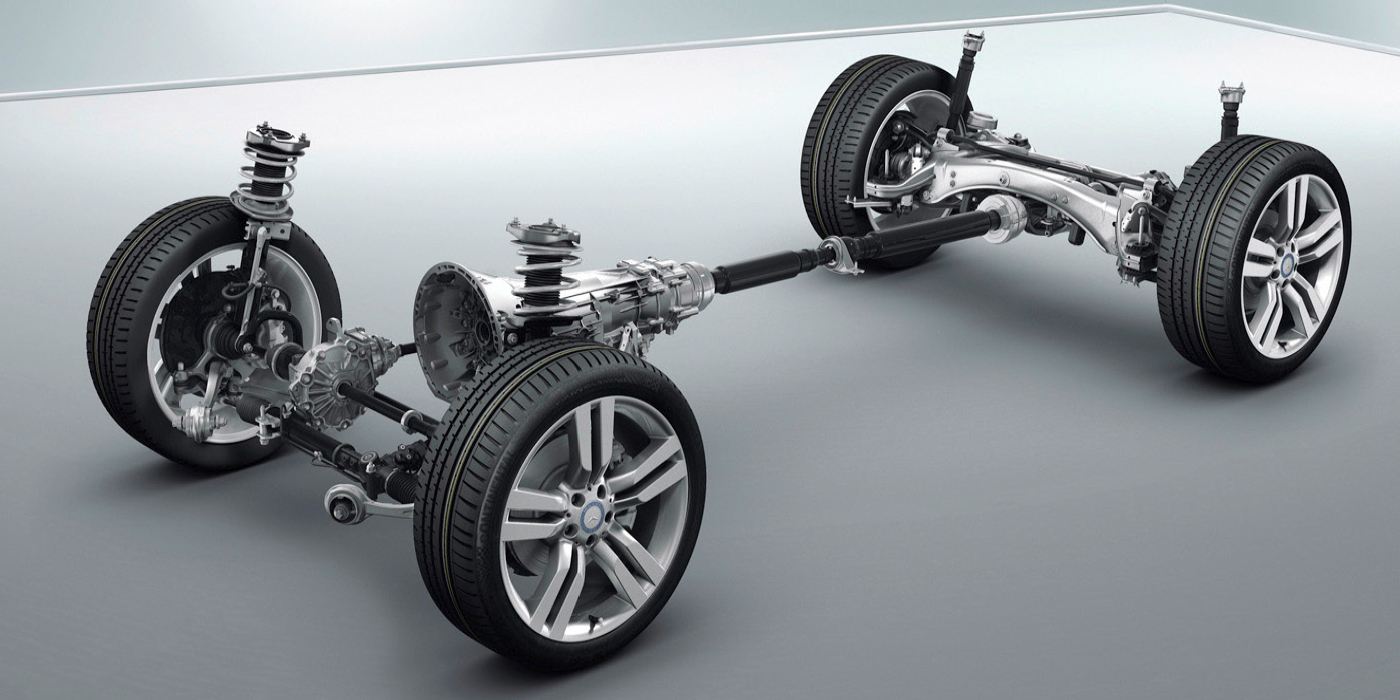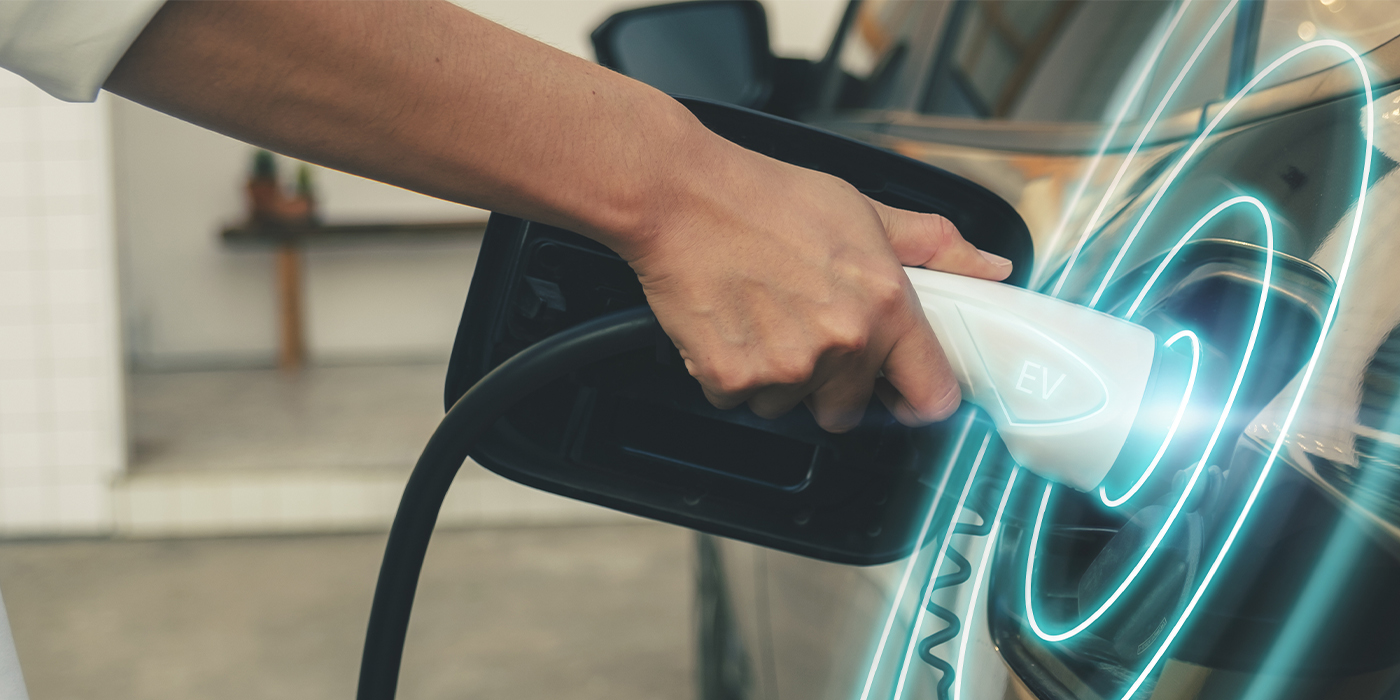Diesels are back! During the past six years, more than 2.5 million new diesel-powered cars and light trucks have been sold in the United States. Though the numbers are not huge, they are growing. Diesel usage in U.S light vehicles has almost doubled over the last five years (from 2.2% in 1999 to 3.9% in 2004), and experts predict that diesel usage will probably double again and grow to as much as 8-15% of the passenger car/light truck market over the next decade.
Diesels have long been a popular option in pickup trucks for their stump-pulling power and good fuel economy. Current trucks with diesel options include Chevy Silverado, GMC Sierra, Dodge Ram, Ford E-Series, F-Series and Excursion. A diesel-powered Jeep Liberty is also available this year, but it will be a limited production offering (only about 5,000).
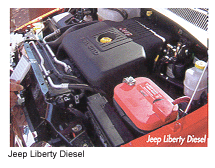 As for passenger cars, currently there are no diesel-powered domestic models. Volkswagen and Mercedes-Benz are currently the only manufacturers who are offering diesel options. VW offers diesels in its Passat, Golf, Jetta and Beetle cars, and the Touraeg sport utility vehicle. Mercedes recently added a diesel option for its E 320 Class luxury sedans, with more models to come later this year.
As for passenger cars, currently there are no diesel-powered domestic models. Volkswagen and Mercedes-Benz are currently the only manufacturers who are offering diesel options. VW offers diesels in its Passat, Golf, Jetta and Beetle cars, and the Touraeg sport utility vehicle. Mercedes recently added a diesel option for its E 320 Class luxury sedans, with more models to come later this year.
Diesels Are Different
Compared to gasoline engines, diesels have a number of important advantages. One is fuel economy. Diesel engines are unthrottled so pumping losses are reduced. This improves breathing efficiency for more fuel-efficient operation. Diesel engines also run much leaner air/fuel ratios than their gasoline counterparts, and have much higher compression ratios, which improves thermal efficiency and helps squeeze up to 30% more power out of every drop of fuel.
Diesel engines have no ignition system, so there are no spark plugs, plug wires or distributor to cause problems. The fuel is ignited by the heat of compression and is controlled by injector timing. For cold starting, diesels use a glow plug system that creates heat in the combustion chamber until the engine is running and generating its own heat.
The injection system that delivers fuel to a diesel engine operates at much higher pressure than a gasoline engine – as much as 17,400 psi for traditional pump, line and injectors, and up to 23,500 psi for common rail systems compared to 35 to 90 psi for most gasoline EFI systems. The fuel is also sprayed directly into the combustion chamber rather than into the intake port.
Most light-duty diesels use an engine-driven inline pump to distribute fuel under high pressure to each of the injectors. The injectors are mechanical and have spring-loaded poppet valves instead of solenoids, so they pop open and spray fuel when line pressure exceeds a certain limit (typically 4,500 psi). Electronic controls on late-model injection pumps regulate injection timing, fuel mixture and idle speed. On older applications, these required mechanical adjustments.
A somewhat different approach is used with Bosch “common rail” diesel injection systems, which are now in production on some of the newest diesel engines in Europe, plus 2002 Duramax engines used by GM and the 2003 Dodge Ram equipped with the Cummins 5.9L. A high pressure supply pump delivers fuel to a common fuel rail that supplies all the injectors. The opening and timing of the injectors is controlled by individual solenoids on each injector rather than the injection pump. This allows more flexibility and control over the combustion process for improved fuel economy and emissions.
Diesel Diagnosis
Diesels are just as dependable as gasoline engines, and will perform reliably under all kinds of driving conditions. But like any engine, wear, neglect and environmental factors can sometimes cause problems.
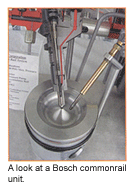 Hard starting when cold weather hits is one such problem you’re apt to encounter. Because of their higher compression ratios, diesel engines require a certain cranking speed to light the fire. If the oil in the crankcase is too thick (wrong viscosity), the battery is low or the starter is weak, the engine may be hard to start when temperatures drop.
Hard starting when cold weather hits is one such problem you’re apt to encounter. Because of their higher compression ratios, diesel engines require a certain cranking speed to light the fire. If the oil in the crankcase is too thick (wrong viscosity), the battery is low or the starter is weak, the engine may be hard to start when temperatures drop.
Glow Plugs
If slow cranking is not the problem, hard starting may be due to one or more glow plugs that aren’t working. One or two bad glow plugs on a V8 engine may not cause a noticeable starting problem during warm weather, but they will when temperatures drop. If an engine is hard to start during hot weather, but cranks and runs normally after it has warmed up, it’s likely the glow plug system is not working at all.
Inside each glow plug is a high resistance heating coil. The plugs are designed to handle high current loads (up to 300 amps in some applications) so they will heat up quickly. Within four seconds or less, most glow plugs on newer vehicles will reach a surface temperature of 850


